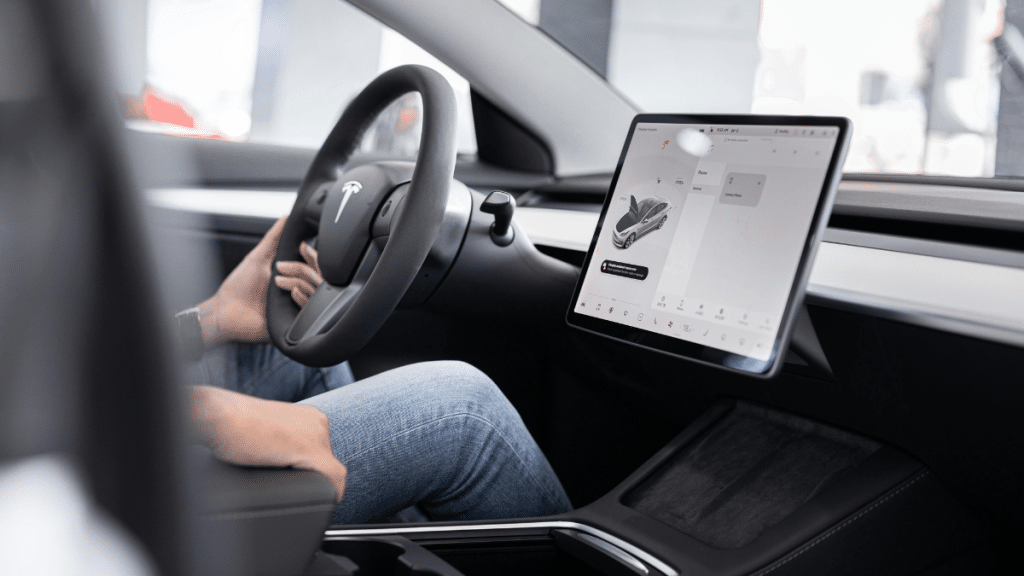The industry is evolving – are you? It used to be simple. A car came in with a problem – you diagnosed it, fixed it, and handed back the keys. You knew the engines inside out. Timing belts, fuel pumps, alternators… Nothing surprised you.
But these days?
Pop the hood of an electric vehicle, and it’s a different story. No exhaust system. No spark plugs. Half the components are sealed off or software-driven. And if you’re not prepared, you’re stuck – watching opportunities roll right past your bay doors.
This shift isn’t a blip. It’s the direction the industry’s moving in. Specializing in electric and hybrid vehicle repair is no longer a “maybe someday” option. It’s a real, immediate opportunity – and a smart business decision.
EVs and Hybrids Aren’t Coming – They’re Here
Let’s look at the road. More EVs than ever. Compact sedans, delivery vans, even pickups. Automakers are investing billions into electrification. Cities are building out charging infrastructure. And drivers? They’re making the switch faster than many of us expected.
Whether you like the pace or not, the message is clear: the vehicles are changing. If your shop doesn’t change with them, customers will start looking elsewhere.
The Advantages of Specializing Now
Specializing in electric and hybrid repair does more than fill a knowledge gap – it sets you apart.
Think about it: how many shops in your area truly know how to diagnose a hybrid system failure or safely service a high-voltage battery pack? If you’re one of the few, you become the go-to. Not just for customers, but possibly for other shops and dealerships that aren’t yet up to speed.
You won’t just be keeping up – you’ll be ahead.
Charging More for Smarter Work
Here’s another plus: electric vehicle repairs often require advanced diagnostics and software troubleshooting. That kind of specialized work? It commands higher rates. And rightly so. You’re solving problems others can’t.
Easier on Your Tools
At the same time, EVs are generally cleaner and simpler to work on. No oil changes. Fewer moving parts. You spend less time wrestling under the hood and more time solving issues with precision. In the long run, it’s easier on your tools – and your body.
How to Get Started Without Overhauling Everything
You don’t need to flip your entire business overnight. Start with training. Pick up courses that teach you how to handle high-voltage systems, battery diagnostics, and EV safety procedures.
A solid place to begin is this guide on how to transition to electric and hybrid vehicles. It breaks down what skills you’ll need, how to get certified, and what kind of real-world experience you should aim for. It’s all very doable – and more importantly, it builds on what you already know. You’re not learning a whole new language. You’re just updating your toolkit.
Imagine This Scenario…
A customer walks in with a hybrid showing a drivetrain error. You’ve seen this code before in your training. You diagnose the issue, explain the fix confidently, and have the repair done in half the time the dealer quoted. That customer? They’ll be back. And they’ll tell their friends.
Future-Proof Your Shop
Here’s the bottom line: the shops that embrace this shift now will thrive later. The ones that wait? They’ll be playing catch-up. The market’s growing, and the demand for skilled EV and hybrid technicians is rising with it.
Whether you’re an independent mechanic, shop owner, or just starting out, investing in this skillset is one of the best moves you can make. Because in this industry, staying still isn’t staying safe – it’s falling behind. So if you’ve been waiting for a sign to get serious about electric and hybrid repair, consider this.
